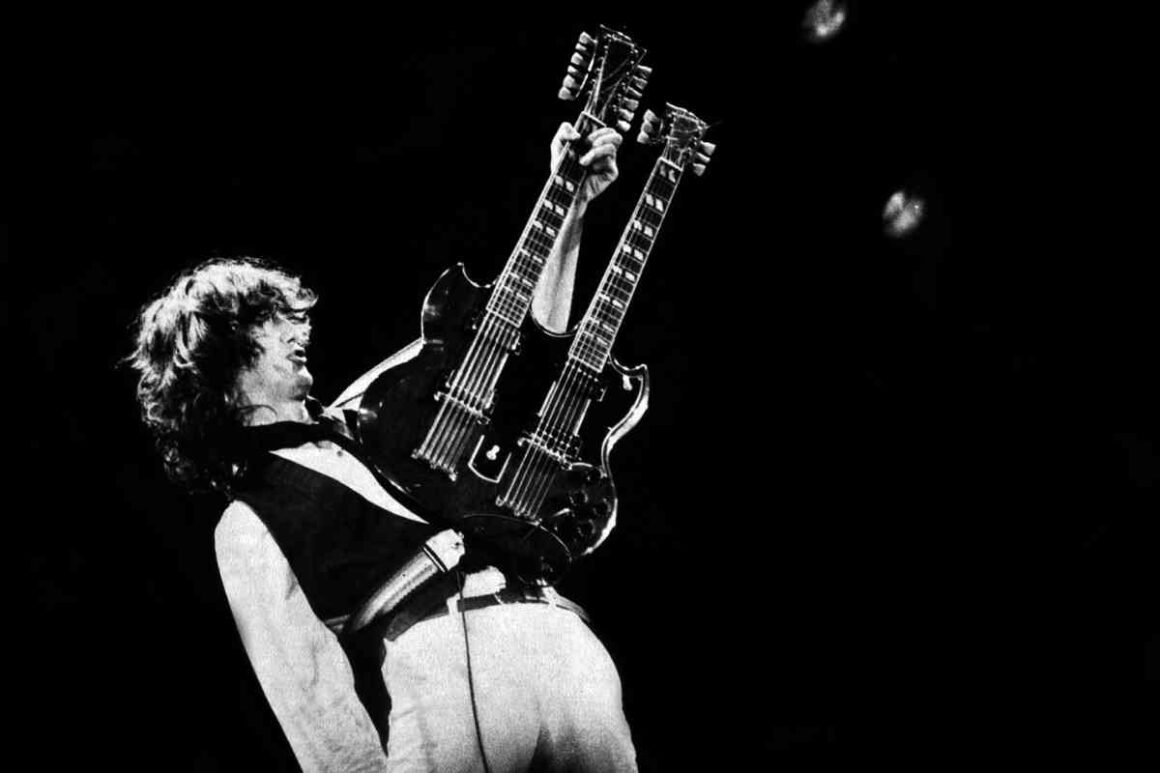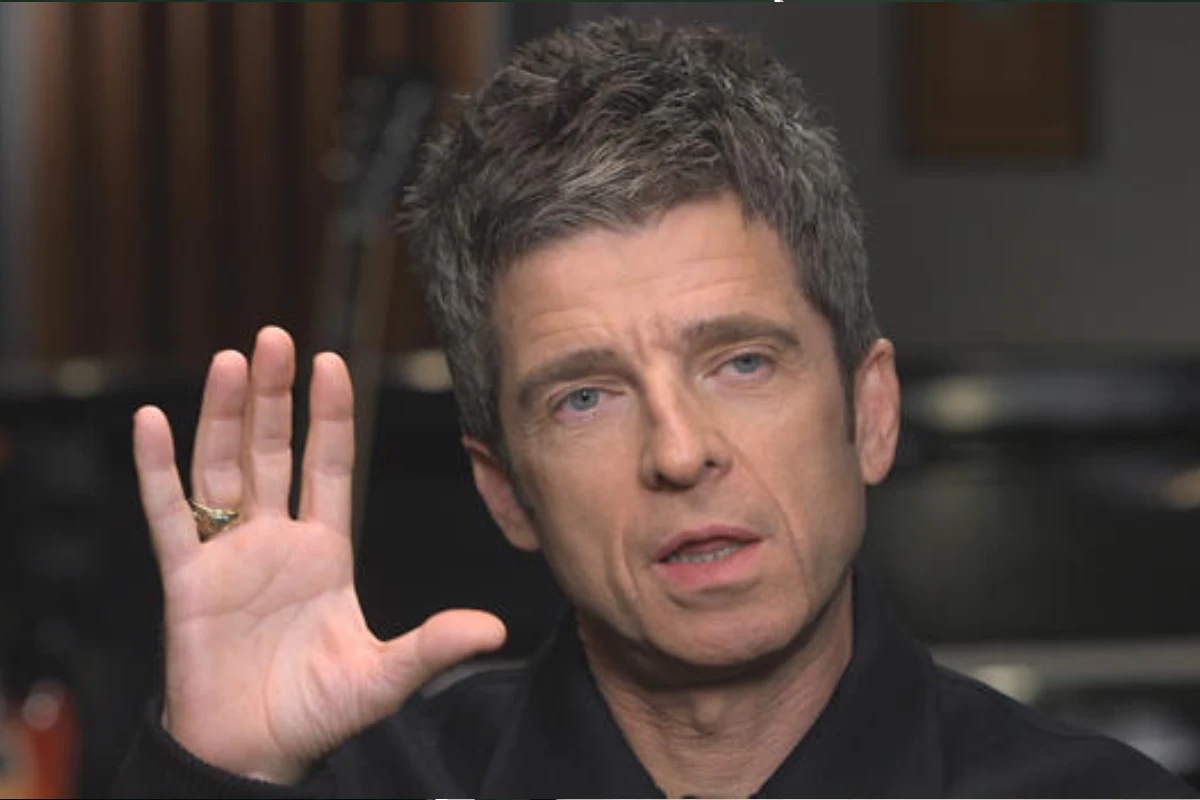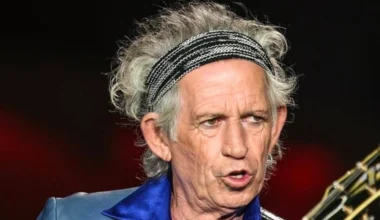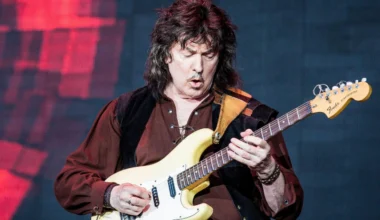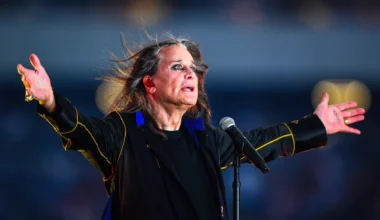As the 1960s unfolded, bands began to break free from the constraints of traditional pop singles. The Beatles were pioneering new sounds on the charts, while The Rolling Stones tapped into the gritty blues market, catering to fans seeking something rawer than typical love songs.
For Jimmy Page, a session musician at the time, Five Live Yardbirds captured the essence of the band better than anything else.
Although Page was known for his blues licks, he never fit neatly into one stylistic box. During his time with The Yardbirds and later Led Zeppelin, he often followed his musical instincts, resulting in the powerful tone of “Heart Full of Soul” and the intensity of “Dazed and Confused.”
Before Led Zeppelin even came to be, Eric Clapton was already crafting the sound of hard rock. While he didn’t always aim for rock in the studio, he revered the blues legends of his day, drawing inspiration from Muddy Waters and Willie Dixon, infusing their licks with a ferocity all his own.
Clapton may not have matched the raw emotion of his idols, but his intensity captivated audiences. He was known for playing until his strings gave out, impressing fans like a young George Harrison, who began to take notes on Clapton’s technique during the late 1960s.
Five Live Yardbirds is a unique record that showcases Clapton’s unrestrained performance style, driven by audience interaction. Though Page had not officially joined the band yet, he recognized the brilliance of Clapton’s contributions, saying,
“The Yardbirds were a superb band. Eric had done a substantial amount of work there with that live album. You can really hear what they were all about in Five Live Yardbirds.”
Clapton’s departure from The Yardbirds after hits like “For Your Love” marked a turning point, but Page clearly absorbed lessons from Clapton’s live performances. In Zeppelin’s concerts, Page’s gradual build-up of intensity in tracks like “Since I’ve Been Loving You” reflects how he fed off the audience’s energy.
It’s essential to note that Page never sought to outshine Clapton. The respect for Clapton’s unparalleled talent was palpable, and nothing could prevent him from ascending to rock and roll greatness once he hit the club scene with Cream.

